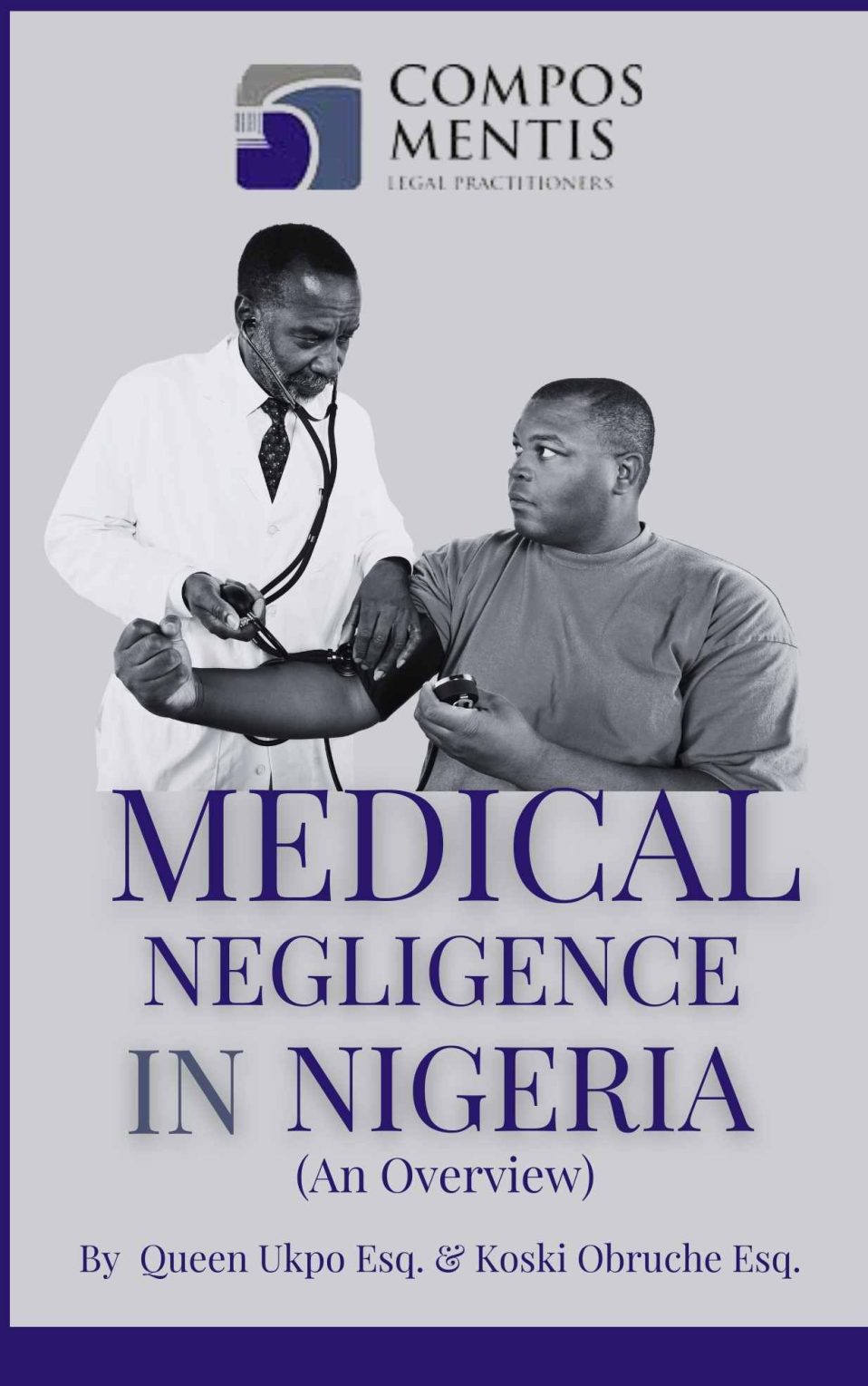A BILL TO CRIMINALISE COMMERCIAL SURROGACY IN NIGERIA SCALES FIRST READING
On May 21, 2025, a significant legislative proposal titled “A Bill for an Act to Protect the Health and Well-being of Women, Particularly in Relation to Surrogacy and for Related Matters” scaled first reading on the floor of the House of Representatives. The Bill seeks to regulate surrogacy arrangements in Nigeria to ensure they are conducted in a safe, ethical, and rights-based manner. One of the core provisions of the Bill is the prohibition of commercial surrogacy. It provides that only altruistic surrogacy (women who voluntarily agree to act as surrogates without expecting any reward beyond reimbursement for medical and pregnancy-related expenses) can legally do so. To qualify, a surrogate must be at least 21 years old. The Bill further mandates that prospective surrogates receive adequate counselling and must give informed consent before participating in any surrogacy arrangement. Such consent must be given freely, as coercing a woman into surrogacy is expressly prohibited. To protect surrogate mothers, the Bill guarantees access to both pre-natal and post-natal care, and mandates compensation for all pregnancy-related and childbirth expenses. If properly implemented, these provisions could significantly reduce the exploitation of vulnerable women. In addition to safeguarding the interests of surrogates, the Bill also requires intending parents to undergo counselling and prohibits the commodification of children born through surrogacy. Furthermore, the Bill aims to regulate all entities and individuals involved in surrogacy arrangements, including healthcare providers, agencies, professionals, and egg donors to ensure proper oversight and accountability. The overarching objective is to protect the rights and welfare of surrogates, intended parents, and children born via surrogacy. To enforce compliance, the Bill stipulates a penalty of up to Two Million Naira or a maximum prison term of two years, or both, for anyone found to be in violation of its provisions. It is worth noting that a similar Bill scaled second reading in October 2024 and was referred to the House Committee on Healthcare Services. One would have expected that the 2024 Bill would have been refined and progressed at the committee stage rather than introducing a fresh Bill on the same subject. Nonetheless, it is encouraging that surrogacy is receiving legislative attention in Nigeria. There is an urgent need for a comprehensive legal framework to regulate surrogacy practices in the country, and Nigerians can only hope that either of these Bills is enacted into law as soon as possible.
Read moreAN OVERVIEW OF THE CONCEPT OF MEDICAL NEGLIGENCE IN NIGERIA
Medical professionals owe their patients a duty of care and an action for medical negligence can be founded on a breach of that duty which results in an injury. Examples of medical negligence abound2 notwithstanding that they are grossly underreported. For instance, in Nigeria, a patient who was suffering from typhoid was misdiagnosed and treated for toilet infection.
Read moreLex Littera Fourth Edition
We will be consistent in our half-yearly publication of Lex Littera, providing insightful commentary on topical legal issues and our sterling touch as Mentisians in elevating the reputation and quality of our submissions.
Read more










Recent Comments